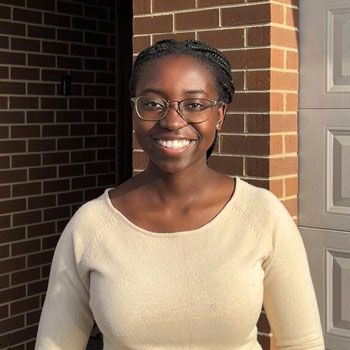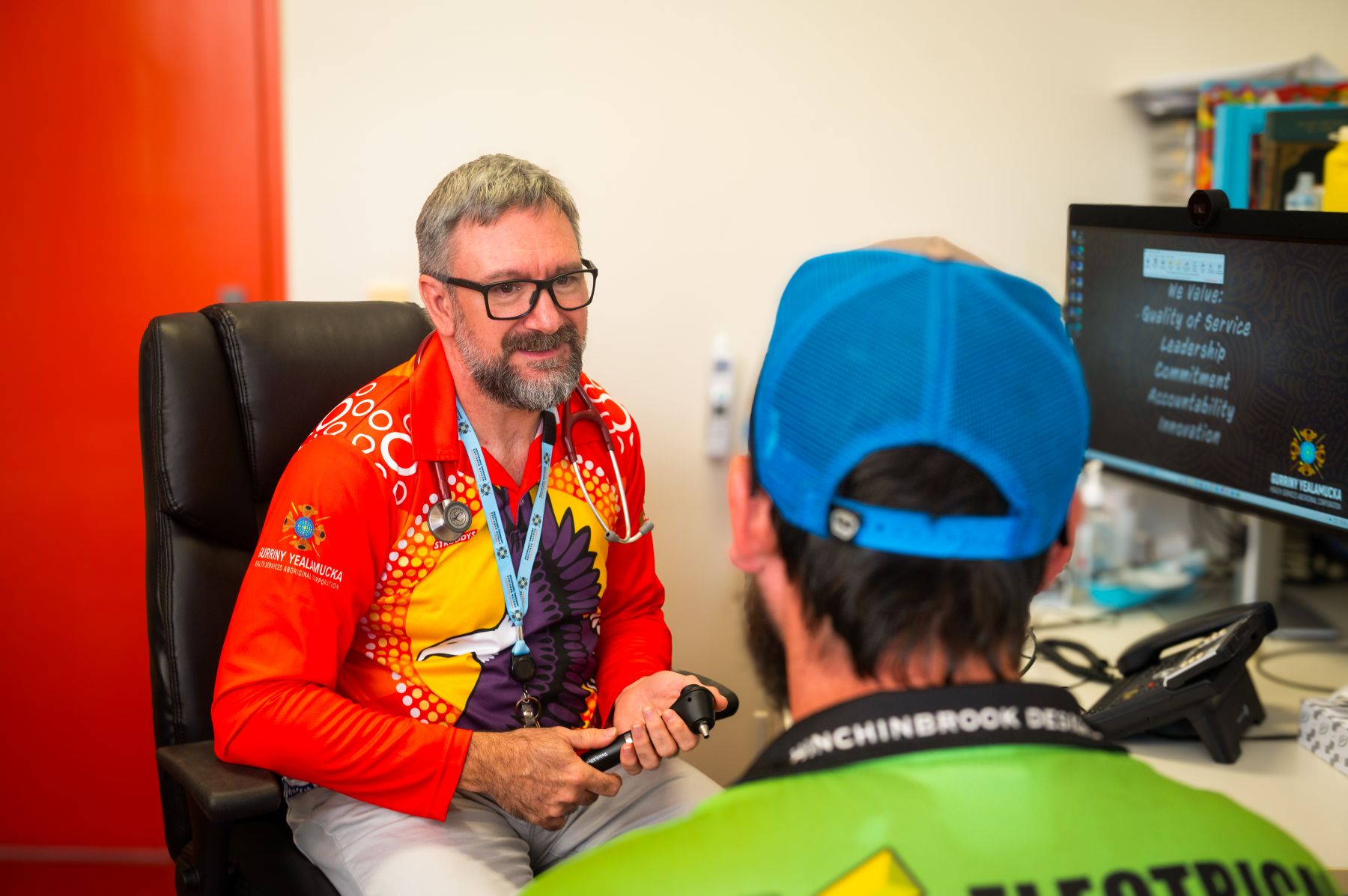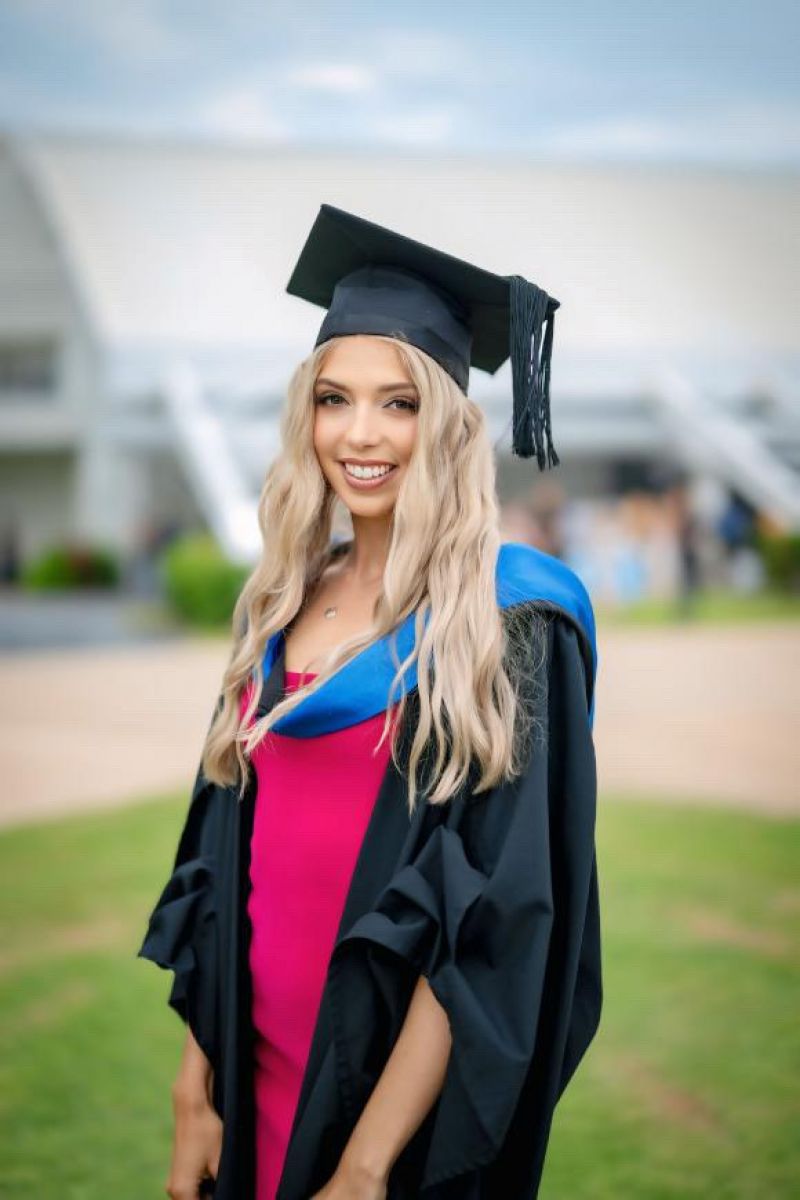
A network of medical training opportunities
We connect medical students, interns and junior doctors with resources and opportunities to prepare for specialist training and beyond, creating stronger health outcomes in our region.

Dr Tadiwa Mashavave, Junior Doctor, Mackay Base Hospital
“It was during my time at JCU that I decided I wanted to end up somewhere rural or regional and I thought I would be able to gain a lot of hands-on skills in my junior years at a regional hospital like Mackay Base Hospital. It’s been great working with other doctors who are as passionate about rural health and the people it serves.”
Dr Hannah Bennett, Rural Generalist and Pain Specialist, Townsville University Hospital
"As a consultant in Pain Medicine, I have excellent work-life balance. Townsville is a great place to raise a family and there's so much on your doorstep here. It's just an easy life.” Read More
Dr Anthony Brazzale, Cardiologist, Cairns and Hinterland Hospital and Health Service
“We have advanced trainees who come from Brisbane and want to come back here now as consultants. They tell us this is one of the best training centres in Australia. The opportunities you get up here, you’ll get nowhere else.” Read MoreKeep up to date with our latest news & events!
Join our mailing list
News Feed
View All
4 February 2026
Dr Carolyn Belonogoff’s Rural Commitment
For Dr Carolyn Belonogoff, rural medicine is not just a career pathway — it is a calling rooted in community, continuity, and care. She was named the Australian College of Rural and Remote Medicine (ACRRM) Queensland Registrar of the Year last year, an award which Carolyn says was an incredible hono
Read More
22 October 2025
“Fell in love with the place and never looked back”
When Dr Jason King first visited Yarrabah in 2017, he “fell in love with the place and never looked back.” Now Director of Clinical Services at Gurriny Yealamucka Health Services, he’s building stronger communities and inspiring a new generation of JCU-trained doctors in the North.
Read More
15 October 2025
From Toy Stethoscope to Junior Doctor and Emerging Researcher
Undertaking her internship and currently working in the Emergency Department at Townsville University Hospital, Dr Lauren Bosley also fits in research alongside her clinical training. She was a runner-up at the inaugural MED NORRTH Conference.
Read More
23 September 2025
Celebrating the success of the inaugural MED NORRTH conference
The inaugural MED NORRTH conference brought together medical students, junior doctors, and early-career researchers in Townsville to share new findings, build research skills, and celebrate emerging talent advancing regional health across northern Australia.
Read MoreThe NQRTH medical training network:


NQRTH is an initiative of the Australian Government's Integrated Rural Training Pipeline (IRTP) and is facilitated by James Cook University in partnership with public and private hospitals, Queensland Aboriginal and Islander Health Council (QAIHC), health services, Aboriginal Community Controlled Health Organisations (ACCHOs) and GP clinics.
Cairns region
(07) 4226 7138
Central West region
(07) 4764 1547
Mackay region
(07) 4885 7122
North West region
(07) 4764 1547
Torres and Cape region
(07) 4095 6103
Townsville region
(07) 4781 3424


















